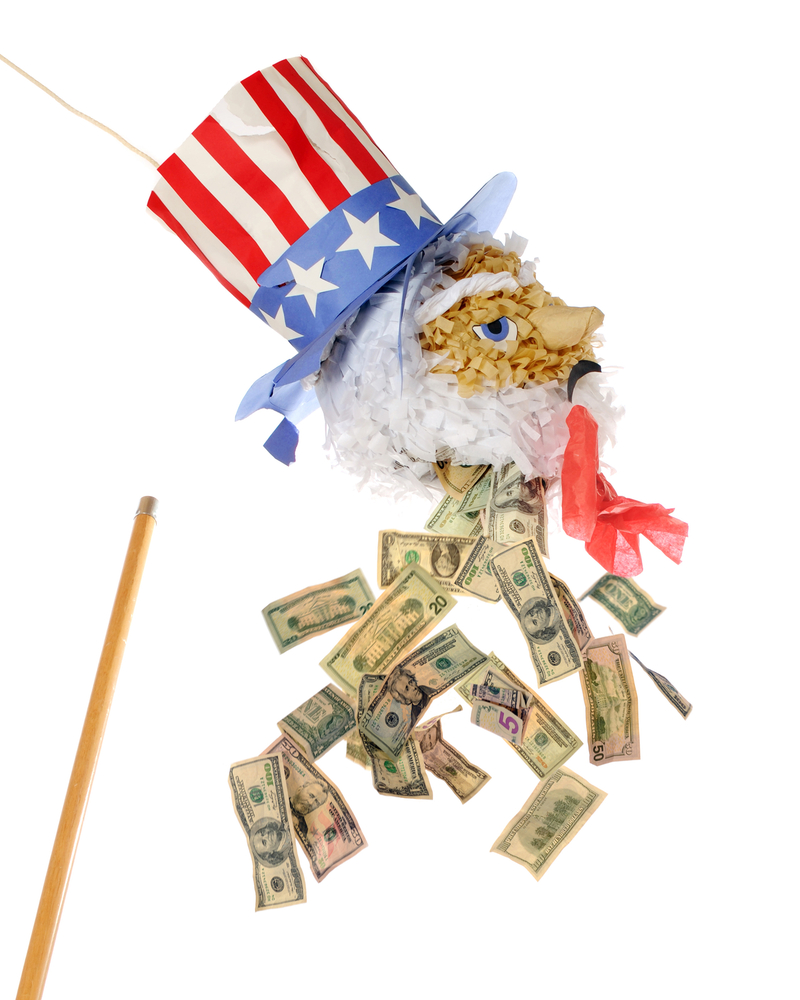It’s about that time again. Time for the Fed to huddle up and let us know if they’re hiking. But at this point, does it even matter?
The Macro Ops team believes there’s a very low chance of a rate hike this meeting. Not a near zero percent chance (like the market is pricing in) but a low probability nonetheless. The combination of terrible payroll numbers and low inflation expectations (a favorite metric of Yellen’s) will likely keep the Fed from raising rates. And this is not to mention the Brexit vote coming up in a few weeks that makes things even more dicey.
But the committee will still probably come out in classic fashion and jawbone about a high chance of raising in July. Though we seriously doubt this “forward guidance” will have much of an effect on markets this time around. The Fed is in increasing danger of losing their signaling control over markets. They just don’t have the credibility they used to.
At this point the Fed is becoming less of a key factor in the current macro game. They’re slowly realizing that their hands are tied and there’s little more they can do.
They can’t hike. It’s too late in the cycle and the economy is becoming increasingly fragile. And if they don’t move rates higher this week or next month, they’ll lose their window, since politically it’s unlikely they hike any later in an election cycle. The Fed fell behind the curve on this business cycle and will now be left with little dry powder to fight the next downturn. They should have hiked in 2013 while things were running hotter. That was their chance.
The Fed also can’t lower or resume QE this meeting either. For that to happen, things first need to get much worse in the market. And that will likely only occur after elections. So as we said, their hands are tied, which makes them a non-factor.
The far more important factors in the current macro game are the BOJ, PBoC, and ECB. Any breakdown in their currency truce (Shanghai Accord) will effectively cause tightening by sending the dollar higher and widening spreads. And looking at Europe and China, we see the growing potential for some serious exogenous shocks in the form of a banking crisis and currency flight.
We’ll wait and see how this plays out, but don’t expect anything too exciting.
For more information about how to evaluate the Fed, please click here.




